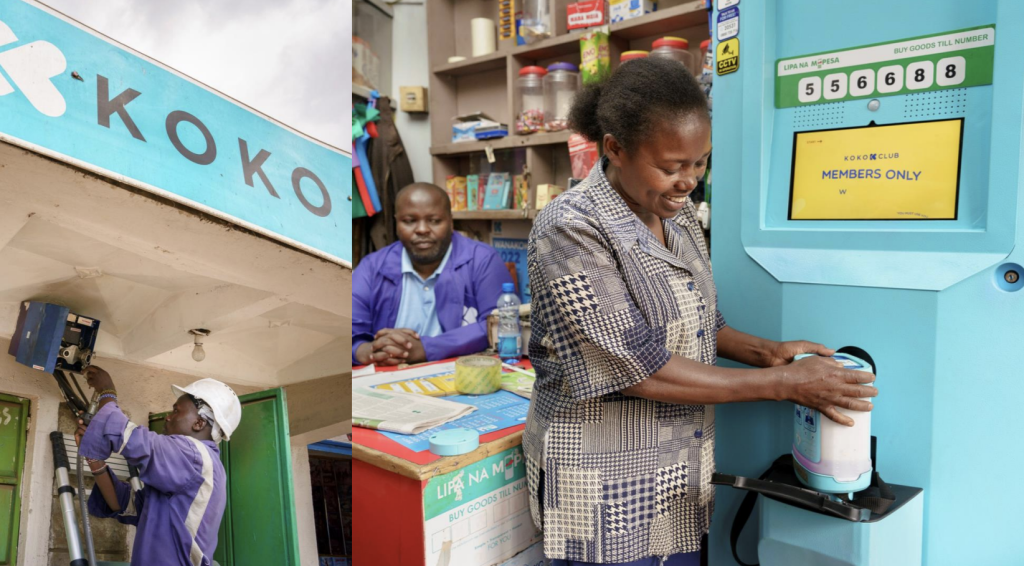Nigerian fintech startup, Carbon (formerly Paylater) has announced its formal launch in Kenya.
Carbon launched in Nigeria in 2016 primarily as a digital lender but has broadened its product offering. As a full-service fintech player, Carbon offers its customers investment options and bill payment options.
With 35% of Kenyans borrowing for consumption, Carbon will offer instant loans from Ksh 500 to 50,000 (~ N1,800/~$5 to ~N180,000/~$496).
These loans will require a National ID number and a selfie, as well as the phone number associated with their mobile wallet.
Beyond loans, Carbon will also bring its other offerings to Kenya as it looks to become a Pan-African digital bank.
This means customers will have access to payment services to pay utility bills and buy airtime directly from the Carbon app.
According to Chijioke Dozie, CEO and co-founder of Carbon, “this expansion presents an opportunity to bring some learnings from other African successful fintech markets to Kenya. It also enables us to explore what has made the Kenyan financial services industry so successful and how this success can be replicated in other markets.”
“Our vision is to be a Pan-African digital bank for Africans and Africans in the diaspora. Taking our services to Kenya represents the first step in realising that vision and truly delivering financial services that Africans at home and abroad need to thrive and excel,” Dozie added.
Carbon says it has amassed 1.8 million users since launch and disbursed $35 million in loans in 2018 on revenues of $10.4 million. In March, Carbon secured a $5 million debt facility from Lendable, a New York and Nairobi-based technology-enabled funding provider.
Carbon will be competing with 49 digital lenders in Kenya. Tala, Branch, M-PESA, M-Shwari are some of the industry’s biggest players.
Kenya is undoubtedly Africa’s most mature mobile money market, but there are many concerns about regulation.
In 2018, the government sponsored the Financial Conducts Management Bill to licence and regulate digital lenders. The bill also allows for interest sets to be capped by the Financial Conducts Market Authority (FMCA).
Most of the conversations around regulation are about predatory lending and high-interest rates.
Carbon alludes to these “progressive” conversations around regulation as one of the reasons it is launching in Kenya.















